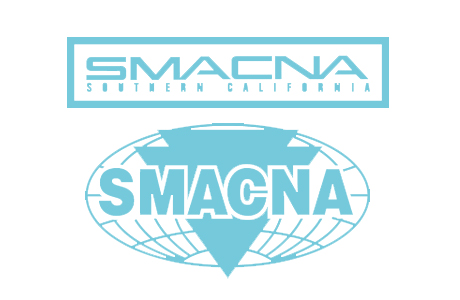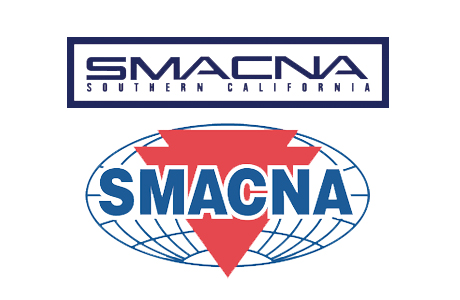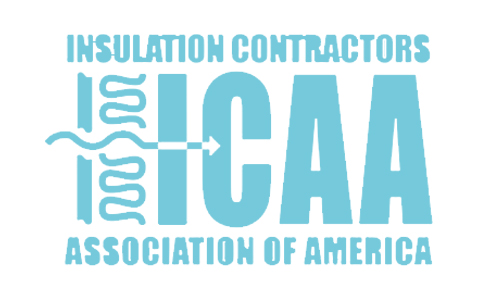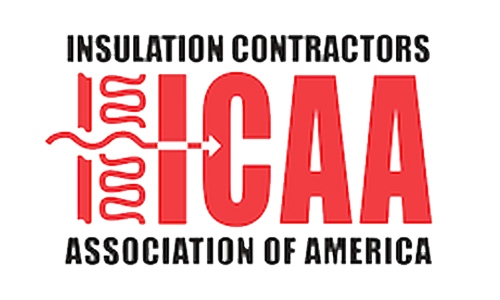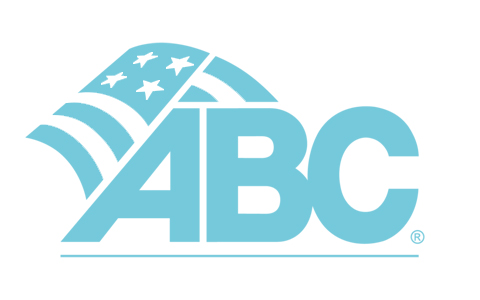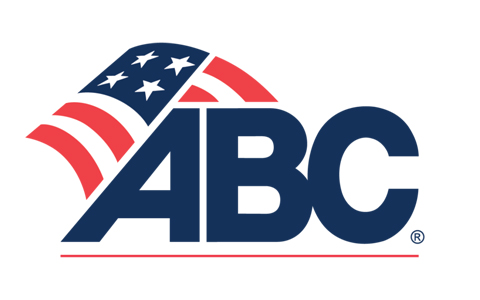On June 27, 1997, the California Supreme Court invalidated “pay if paid” clauses in construction subcontracts in California. To quote the court,
“a general contractor’s liability to a subcontractor for work performed may not be made contingent on the owner’s payment to the general contractor . . .”
“We . . . conclude that a pay if paid provision is void because it violates public policy that underlies the anti-waiver provisions of the mechanic’s lien laws .”
As a result, the language frequently seen in construction subcontracts, that payment to the general contractor is a condition precedent to the general contractor’s obligation to pay the subcontractor for work performed, is no longer enforceable in California. Additionally, the court went on to rule, a payment bond surety may not claim the failure of the owner to pay the general contractor for work, as a basis for nonpayment to subcontractors on payment bonds.
As quoted above, the basis for the court ruling is “pay-if-paid” clauses in construction subcontracts are against public policy and unenforceable because they cause an indirect waiver or forfeiture of lien rights in the event of nonpayment by the owner. This is in contravention of Civil Code Section 3262 which prohibits waiver of mechanic’s lien rights.
The case ruled on by the court arose out of the remodel of the MGM-Pathe Headquarters in downtown Los Angeles in 1990. The owner of the project was “6420 Wilshire Partners Ltd.” “6420 Wilshire Partners Ltd.” entered into a general contract for construction with Keller Construction. The owner then requested Keller to obtain a payment bond, which Keller obtained from Safeco.
Keller’s contract with the subcontractors contained language that payment to Keller, by the owner, was a condition precedent to Keller’s obligations to make any payments to a subcontractor (“pay if paid” clause). During early construction it became apparent to Keller that the owner had insufficient financing to complete the project. Keller’s internal memorandums stated that because of the risk of insufficient financing it was necessary to shift the risk of nonpayment to the subcontractors (none of this was revealed to the subcontractors).
In an effort to shift the risk to the subcontractors, Keller drafted an addendum to the subcontracts that stated the subcontractors were acknowledging that they had no rights against Keller unless Keller was paid. The addendum to subcontract went on to state that this was without waiving any rights the subcontractors had to a mechanic’s lien.
Unfortunately for the subcontractors, Keller’s fears were realized and Keller was not paid for a substantial portion of the subcontractors’ work and walked off the job. When contacted for payment, of course Keller responded that it had no obligation to pay any subcontractors because it had not been paid. Keller did pursue an action against the owner and received partial compensation of its claim and offered pro-rata payments of what it received. The subcontractor parties to the appeal rejected less than full payment for work performed and filed suit to collect on the payment bond for the project written by Safeco.
At the trial court level Safeco argued that its obligation for payment on the payment bond had not yet arisen since Keller had not yet been paid. The subcontractors responded by pointing to Civil Code Section 3226 that specifically sets forth that nonpayment by the owner does not relieve a surety of its obligations on a surety payment bond.
The trial court agreed with the subcontractors, ruling that pursuant to Civil Code Section 3226, payment by the owner to the general contractor was not an excuse for the surety bond to refuse payment to the subcontractor making claims on the payment bond. As a result, Safeco and Keller appealed to the California Court of Appeals.
The Supreme Court declared void “pay-if-paid” clauses in construction subcontracts in their entirety. As a result Safeco’s argument that its obligation had not arisen was eliminated and Safeco was found liable on the payment bond.
So what does this mean to the construction industry? Obviously, to subcontractors it means no more excuse that the general contractor has not been paid, and all payments to subcontractors are due in a reasonable time. Sureties and general contractors have argued that invalidating the “pay-if-paid” clause would have an adverse impact on small general contractors and their ability to bond projects. However, the reality is bonding is most common on public projects where solvency of the owner is not an issue and the bonding requirements were already in place that exclude small contractors. Accordingly, the only impact should be general contractors and sureties will be much more diligent in reviewing the capitalization of the owners they work with and all should benefit in the end with the heightened scrutiny to assure adequate financing for work performed on construction projects.





